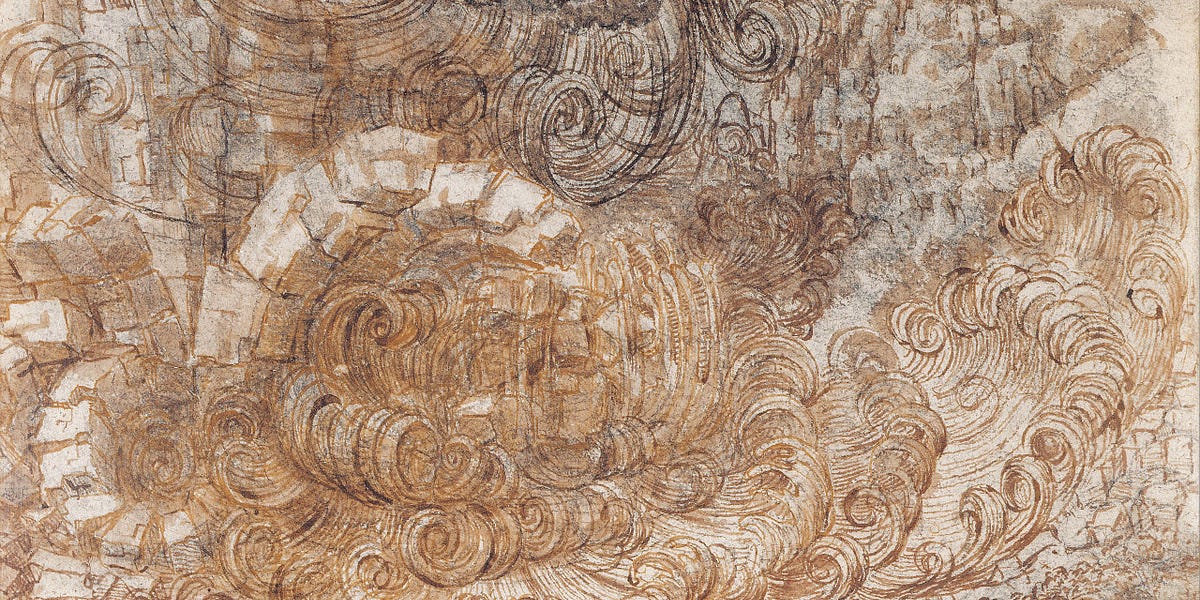
Saved by sari
LLMs and information post-scarcity

Saved by sari
Technology for producing and distributing information is useless without some way to locate, filter, organize and summarize it. A new profession of “information managers” will have to combine the skills of computer scientists, librarians, publishers and database experts to help us discover and manage information. These human agents will work with
... See moreHal Varian, by the way, is the person who designed the Google ad auction. And it turned out he was only partially right about “information managers”. We call them influencers. But it was aggregators like Google that did the bulk of the heavy lifting. Computers can scale in ways that people can’t.
Building a business model on data lock-in seems not only bad, but pointless now? Content is superabundant, so what are you locking in, exactly? There’s always more where that came from.
Are social graphs even a moat? Perhaps more than data, but TikTok proves you don’t need a dense social graph to serve up interesting content. What if you can
... See moreWhat information consumes is rather obvious: it consumes the attention of its recipients. Hence a wealth of information creates a poverty of attention, and a need to allocate that attention efficiently among the overabundance of information sources that might consume it. (Herbert A. Simon)
Content has become like clay. LLMs can remix it, summarize it, elaborate on it, hallucinate it, combine it with other content, freely transform it between text, audio, image, and back again. It seems we have achieved a kind of information post-scarcity. A regime of radical overproduction. A content singularity. How will this change things?
First the internet reduced the marginal cost of distributing content to zero. Now AI is reducing the marginal cost of producing content to zero.
So, the condition of superabundance creates a need for aggregation. LLMs will amplify that abundance. It’s a good bet that this strengthens the strategic importance of aggregation.